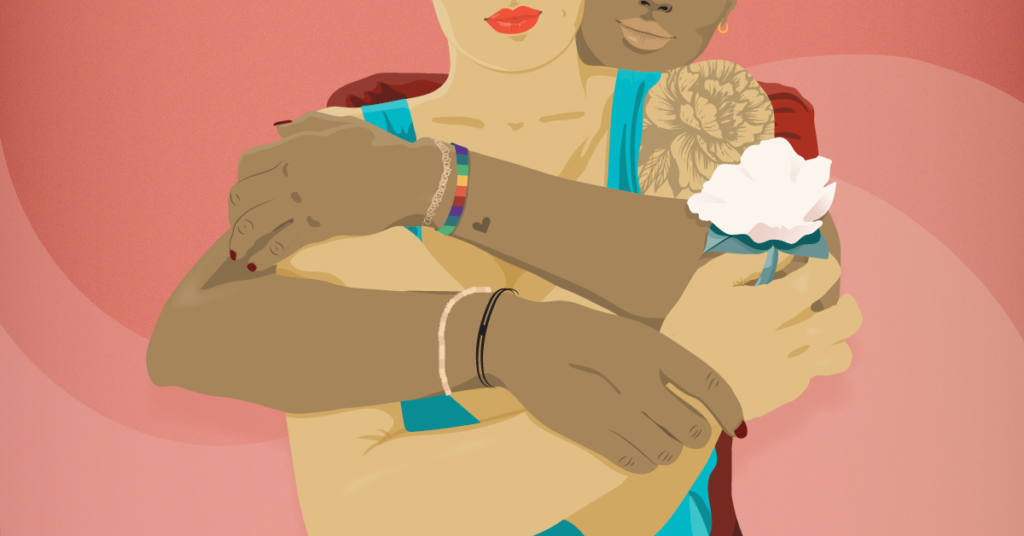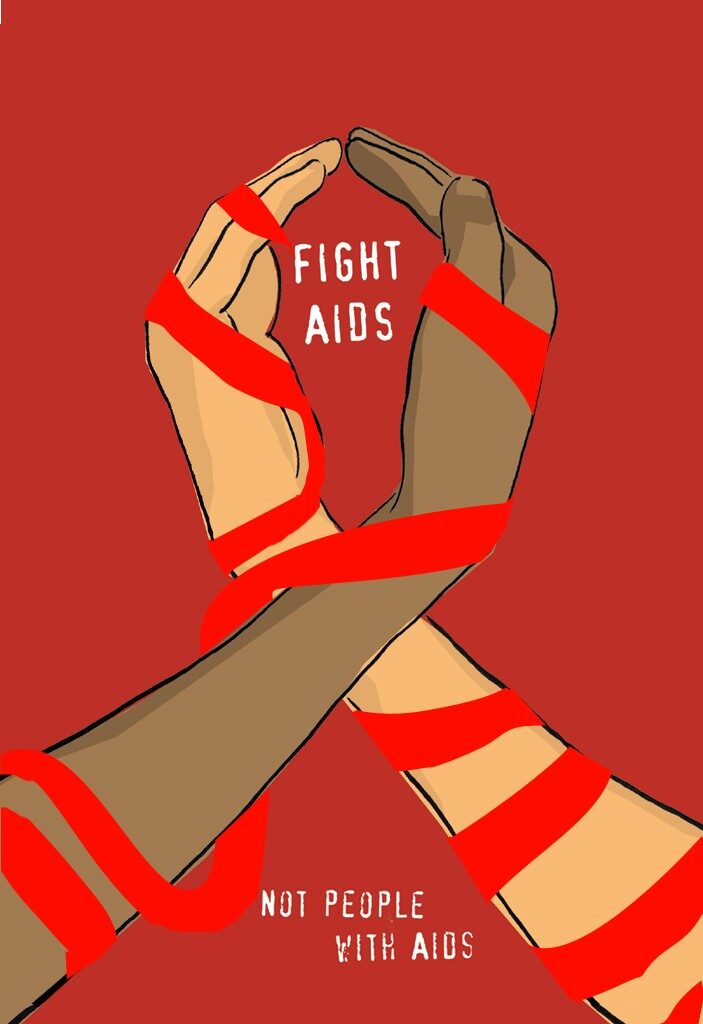Sexual Health While Living with the HIV
The human immunodeficiency virus (HIV) is a virus that damages the immunity system of an individual. In most cases, a person with this virus is asymptomatic. They start showing symptoms of acquired immunodeficiency syndrome (AIDS) like fever, fatigue, night sweats, etc. HIV spreads in several ways in which one of them majorly includes unprotected vaginal, anal, or oral sex with anyone that has the virus. It can also spread by sharing drug needles or cases where the mother to child during pregnancy or through breastfeeding. The sexual health of people living with HIV can affect them not only socially but also emotionally and deprive them economically of opportunities. According to a report by the National AIDS Control Organization stated that 35% of young adults (15-29 years) are affected by AIDS in India.

Breaking away from myths about young adults with HIV
Lack of awareness around HIV and AIDS has caused many different stereotypes that get associated with those living with HIV. A diagnosis of such is never easy. What makes it worse is the status with which individuals are looked at. Most of the time individuals with HIV are isolated and ill-treated. Gender stereotypes have also caused discrimination in terms of accessing better information and better medical facilities. An article by Healtline.com said, “HIV stigma doesn’t happen in a microcosm. It’s related to the fact that it’s a disease associated with people in the LGBTQ community and that has to change,” said Dr. Latesha Elopre, assistant professor of infectious diseases at the University of Alabama at Birmingham.
In another article by Healthline highlighted a common myth people have around HIV is that heterosexuals cannot be infected with it. However, the statistics show men who account for around 70% of the HIV cases engage in sex with other men. It does not eliminate the 24% of the other statistics from the heterosexuals among which two-third of them are womxn. Research also suggested that partners with HIV have a misconception that it is okay to engage in unprotected sex or not using a condom. Although, this can only be possible when partners are on regular antiretroviral therapy (ART) that helps in building a residence and increases the immune cells that were previously destroyed by HIV. The ART is known to help effectively, not risk transferring the virus to others.
However, the CDC recommended the use of condoms to avoid rare cases of superinfection which occurs 1 in 4 percent.People with HIV can no more be worried or feared about their sexual health as medications help in the prevention of transferring. HIV does play an important role in one’s sexual health but it does not limit one to not engaging in any sexual activities. The positive side to focus on while having HIV is with proper therapy and medications, the amount of virus load in the blood, semen, pre-cum, vaginal or rectal fluid is not enough to pass on during sex, thereby making it less risky. However, this does not limit one from taking safety precautions or have a false assumption of it cured. While proper information and awareness around HIV can help ease fear and anxiety in people with HIV, it can help boost up sexual self-esteem and help opening up about it to reduce stigma. Also, keeping in mind is honesty and consent. In cases where an individual has HIV, it can feel like a bad thing but it’s important to be open about it by joining support groups, meeting a counselor that can help with battling HIV emotionally for a better sexual positive life.
In an article by Vogue, Sunil Gupta, New Delhi-born, London-based, Canadian photographer said, “I’ve been out since I was a teenager and being gay is part of my professional life. In 1995, I met a guy that I was taken with, he was only just beginning to explore his sexuality. I went to get tested and the results for HIV came back positive. We stopped having sex shortly after and he eventually left me for fear of becoming my carer. For a while, I was the archetype of someone with HIV in that era. I’d never had a problem meeting people but there was so much anxiety and a fear of rejection all of a sudden—when I told a partner I was positive, they didn’t stick around for long. Finding out you have HIV is a shocking diagnosis, but I felt comforted being part of a broad social network of gay men that grew around me, partly through the Terrence Higgins Trust, who are knowledgable about HIV and not freaked out by it. There is a real sense of camaraderie”

Sex workers Community in India and HIV
NAIDS defines sex workers as, “Female, male and transgender adults and young people who receive money or goods in exchange for sexual services, either regularly or occasionally. Sex work varies between and within countries and communities. Sex work may vary in the degree to which it is more or less “formal” or organized, and in the degree to which it is distinct from other social and sexual relationships and types of sexual economic exchange. Sex workers are among the highest risk groups for HIV. Sex workers are marginalized, stigmatized a lot in society. This makes them fight through multiple social and legal factors making them vulnerable. However, there has been a positive change in countries like India, Sri Lanka in 2018, with a report of 90% of sex workers used condoms contribute a fraction of the total HIV cases in the country.
So why do we still see sex workers HIV positive even if 90% of them use condoms? Is it a lack of awareness? Or is it accessibility? An article by Avert.org spoke to the sex workers community and one of them said, “We use condoms to protect ourselves from HIV/AIDS, but they don’t allow us to carry them, so how can we protect ourselves?” However, some sex workers are either have no access to condoms or are not aware of the importance of it. In some countries, sex workers have also explained the role of police that actively confiscated their belonging, including condoms.

In conclusion, Elizabeth Taylor said, “It’s bad enough that people are dying of AIDS, but no one should die of ignorance.” Every year, December 1st is marked as World AIDS Day to bring awareness about the HIV that caused an AIDS pandemic. The 2020 theme aims at building in impact and resilience and putting an end to the epidemic. Let’s take a step to build more residence and in becoming more aware, open, and educating the educated and uneducated about the safety measures that they can. Most importantly, let us accept people living with HIV/AIDS for what they are and help them fight through a larger problem that is stereotypes and stigma.
Author

